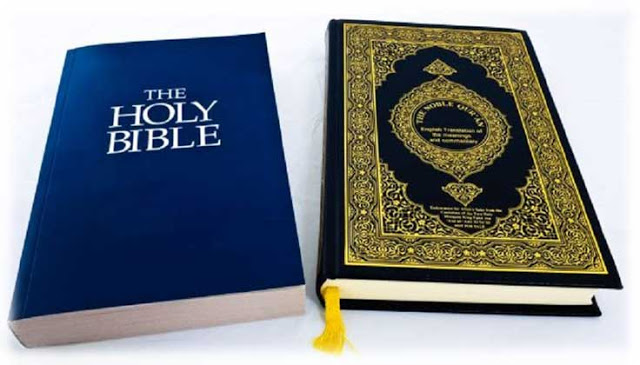Sri Lanka is a diverse country with a rich cultural heritage, and religion plays a significant role in shaping the country’s identity. The main religion in Sri Lanka is Buddhism, which is followed by around 70% of the population. Other religions practiced in the country include Hinduism, Islam, and Christianity.
Buddhism was introduced to Sri Lanka in the 3rd century BCE when Emperor Ashoka of India sent Buddhist missionaries to the island. The religion quickly spread and became an integral part of Sri Lankan society. Today, Sri Lanka is home to some of the most significant Buddhist sites in the world, including the Temple of the Tooth in Kandy and the ancient city of Anuradhapura.
Buddhism in Sri Lanka is based on the teachings of the Buddha, who lived in India over 2,500 years ago. The core of Buddhist philosophy is the Four Noble Truths, which explain the nature of suffering and the path to liberation from it. Buddhists believe that by following the Eightfold Path, they can attain enlightenment and break the cycle of rebirth.
Buddhism in Sri Lanka is also closely tied to the country’s political and social structures. Buddhist monks, known as bhikkhus, play an important role in society, and the government provides financial support for the maintenance of Buddhist temples and monasteries. This has led to some tension with minority religious groups who feel that they are not given equal treatment.
Hinduism is the second-largest religion in Sri Lanka, followed by around 12% of the population. Most of the country’s Hindu population is concentrated in the north and east of the country. Hinduism in Sri Lanka is influenced by the Tamil culture of southern India, and many of the country’s Hindu temples are built in the Dravidian style.
Islam is practiced by around 10% of the population of Sri Lanka,


Leave a Reply